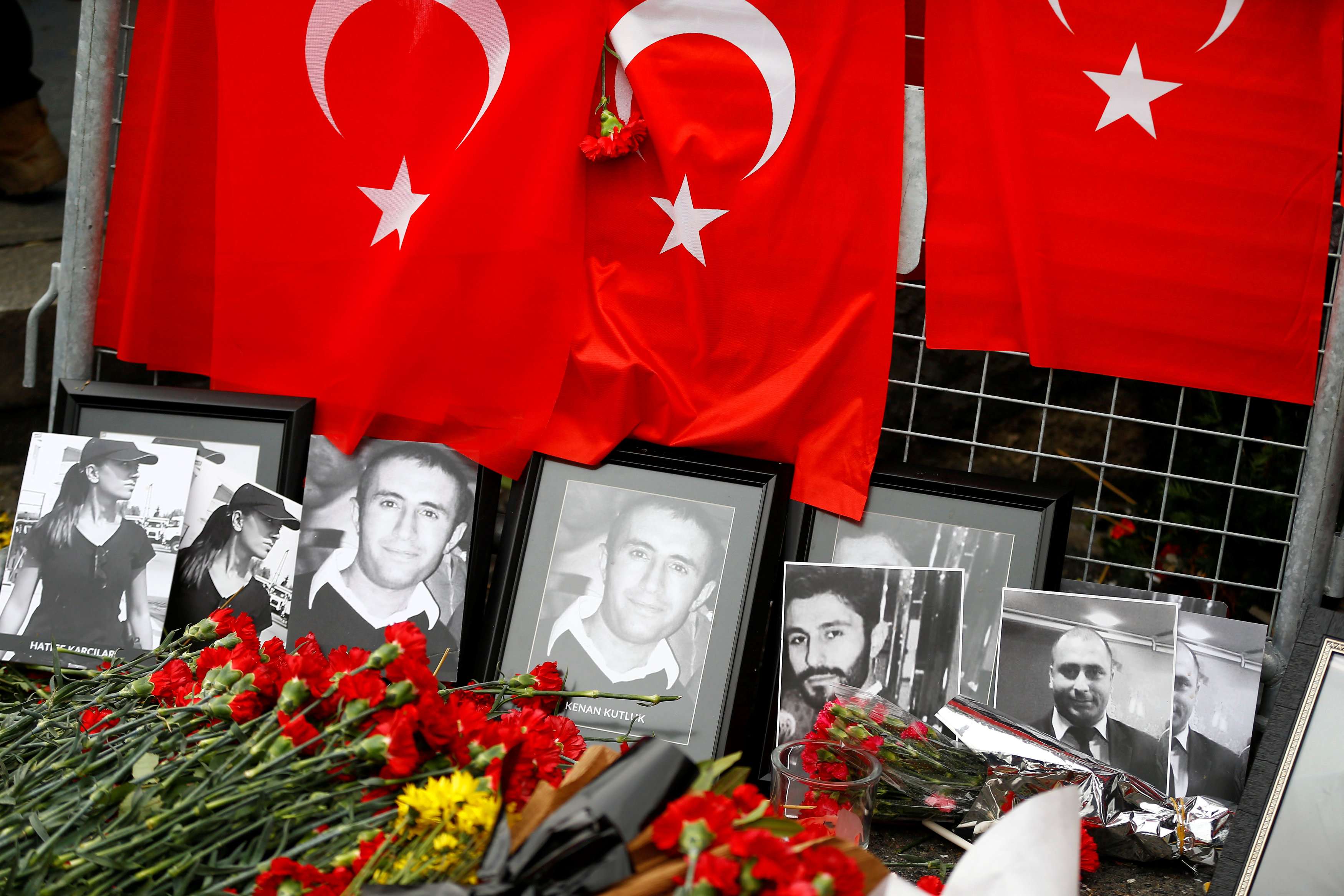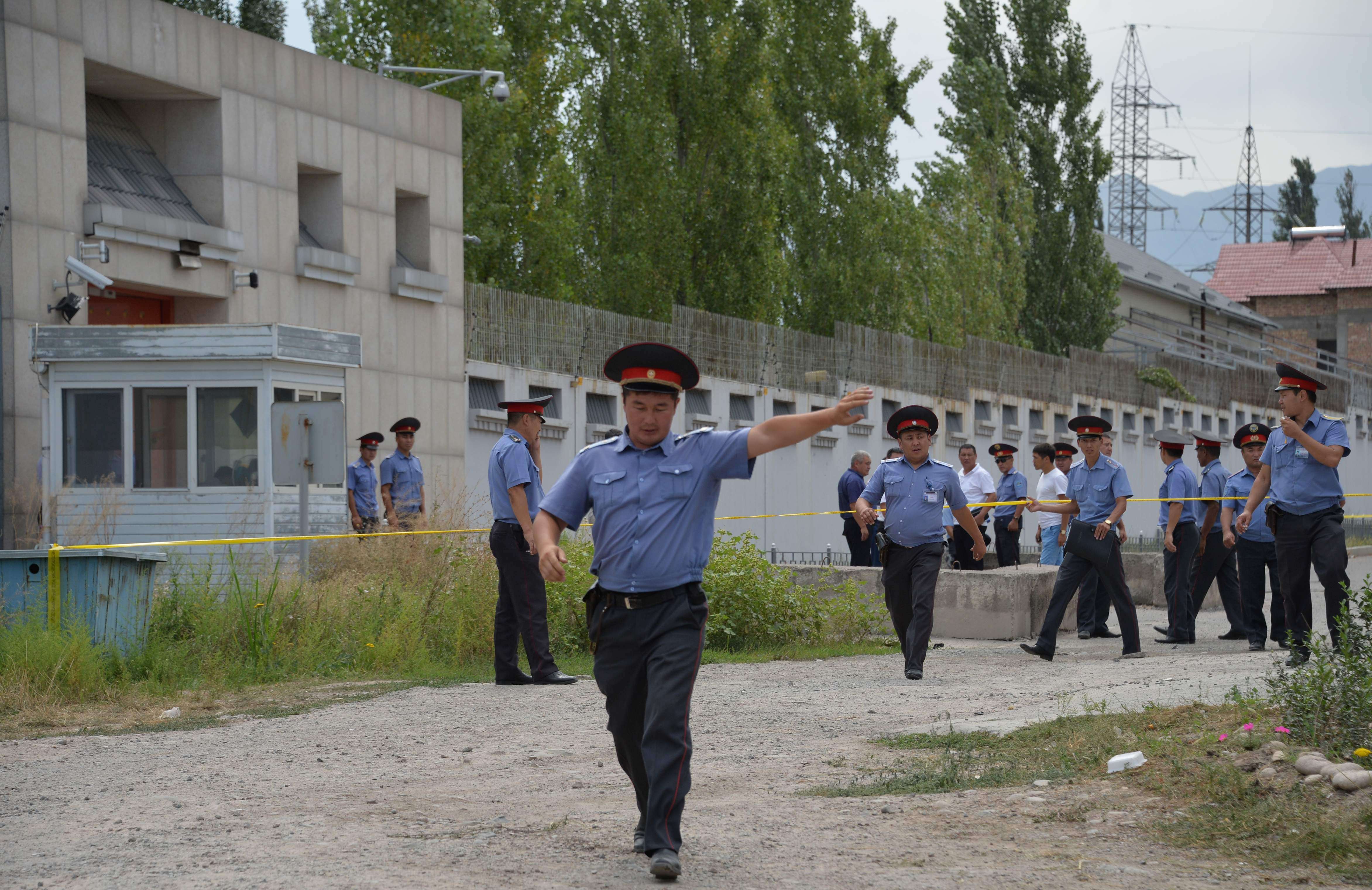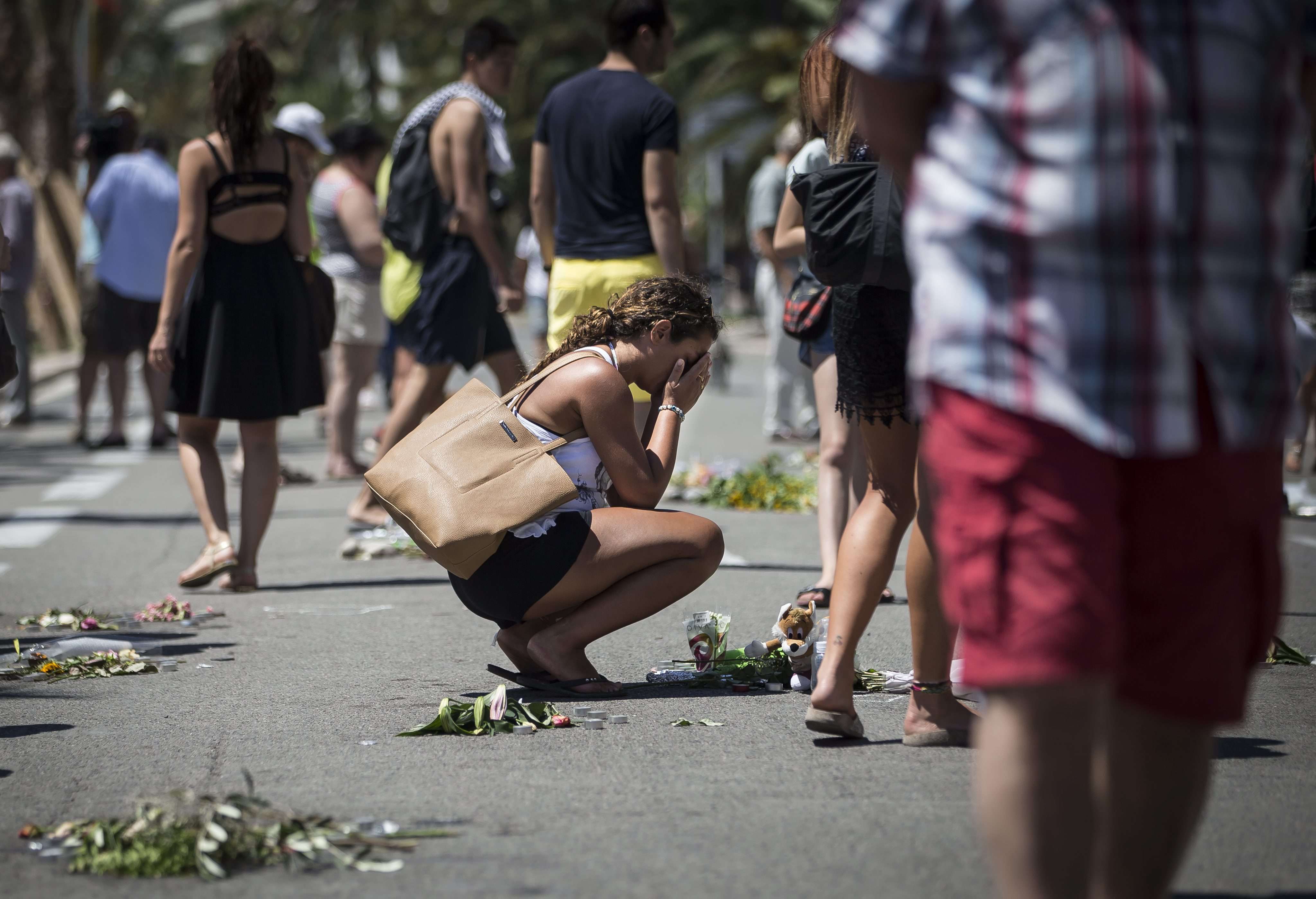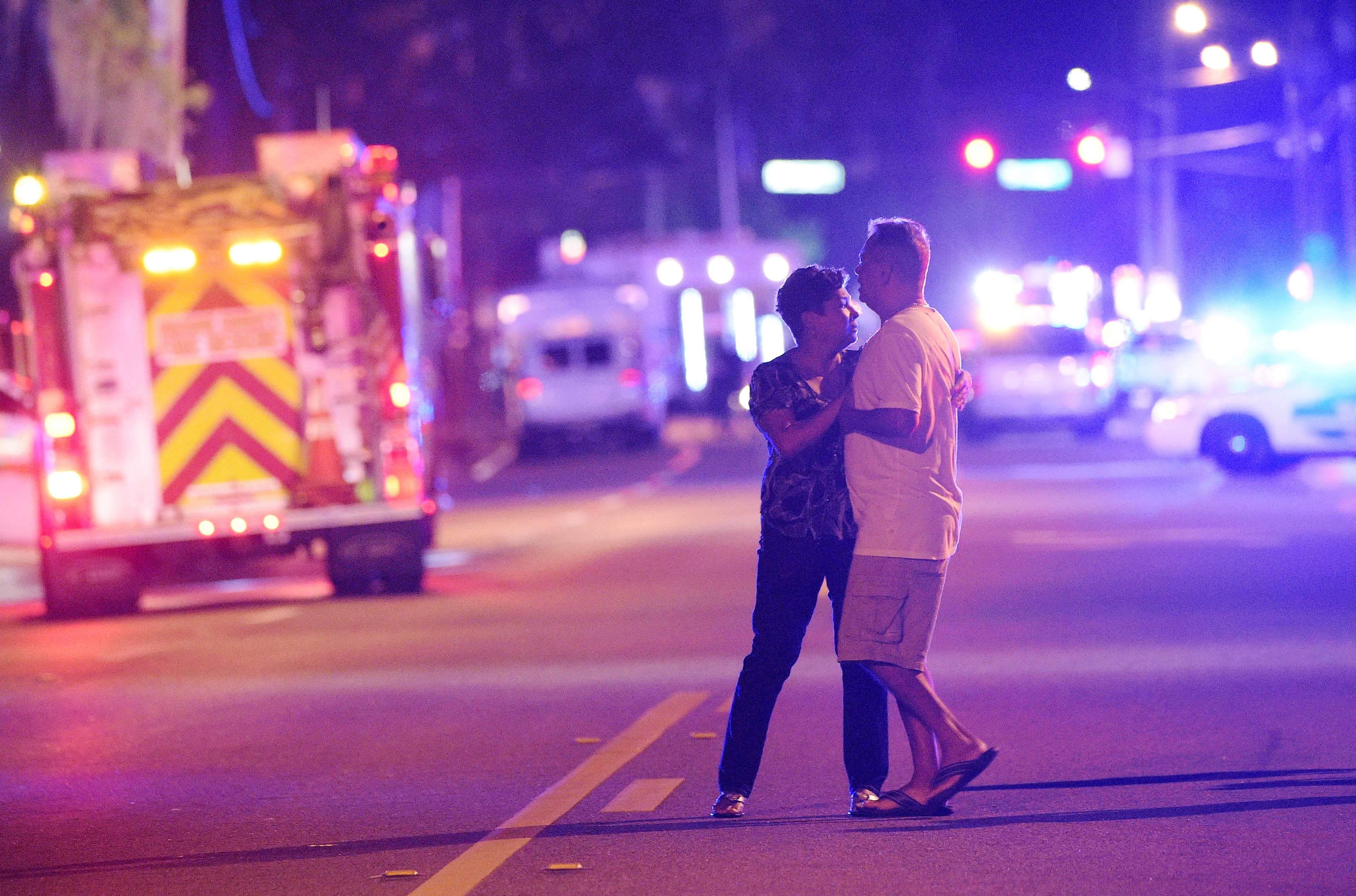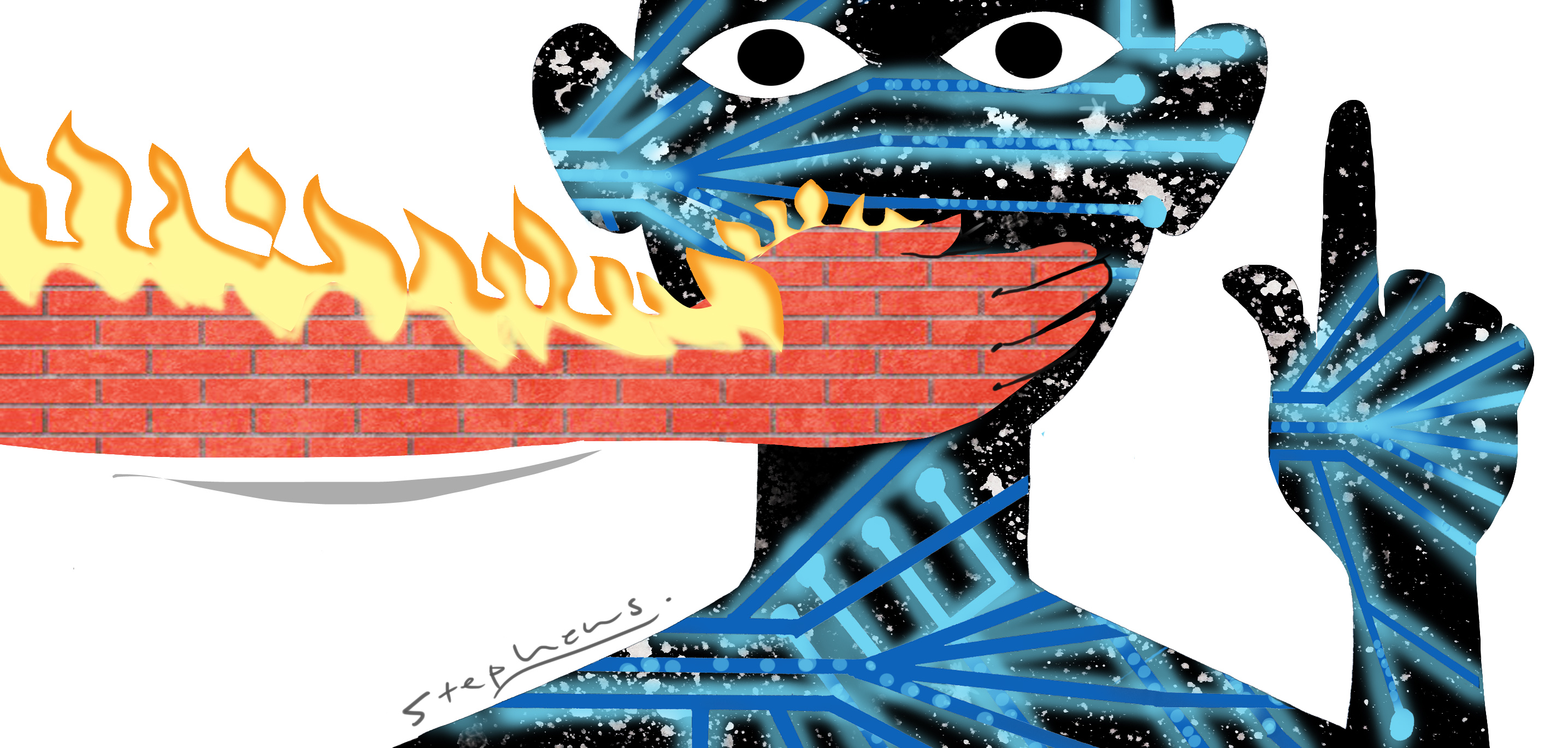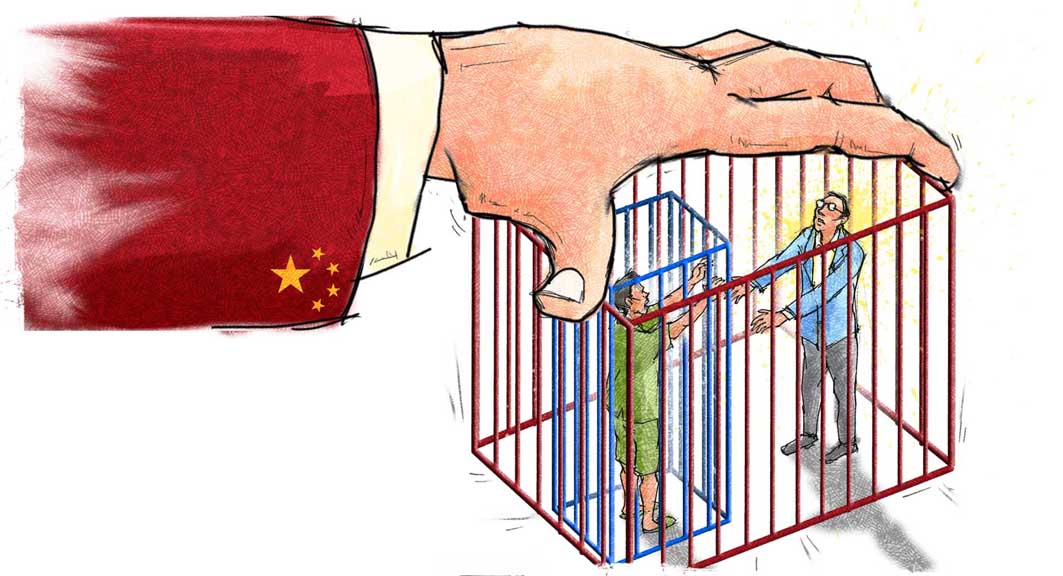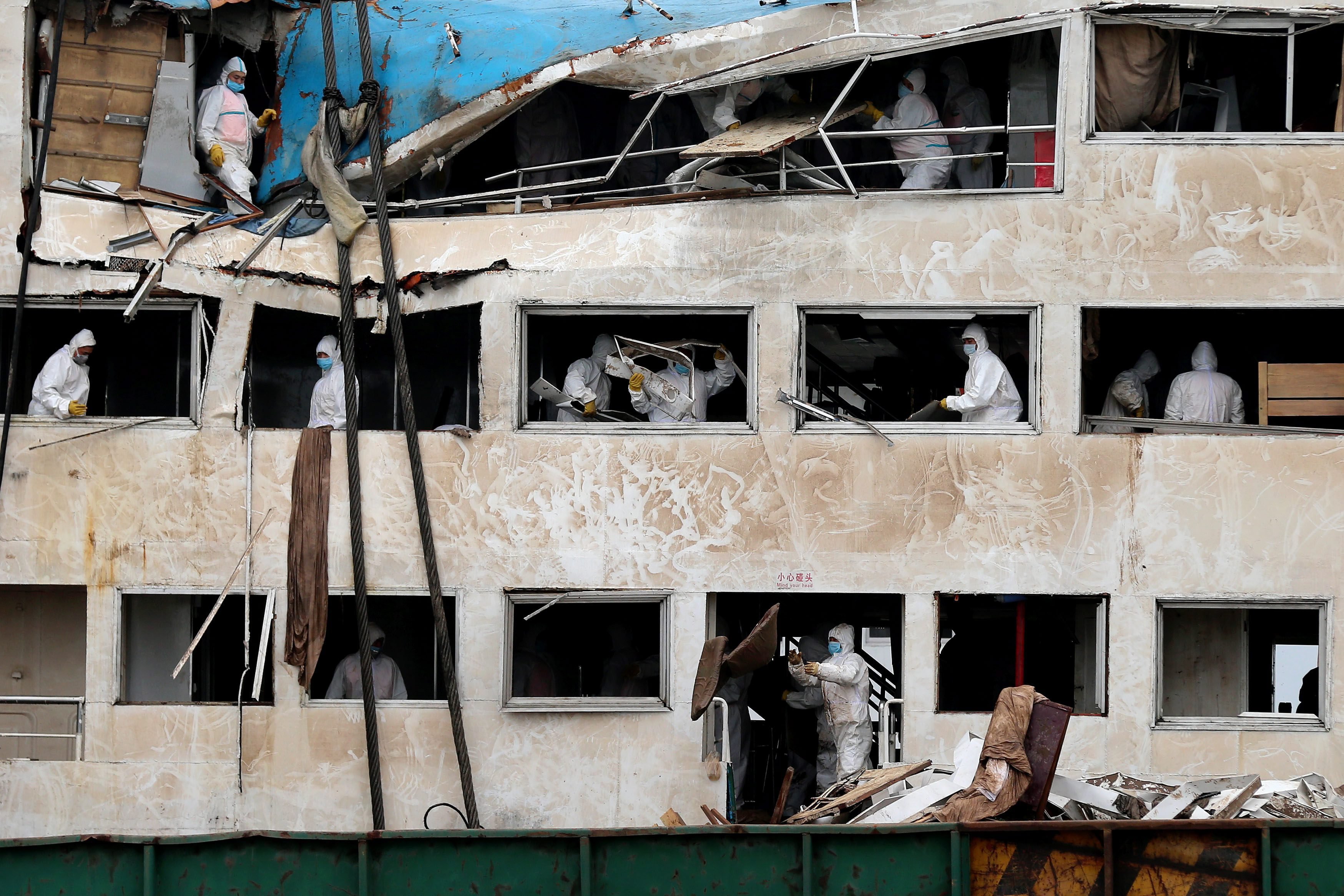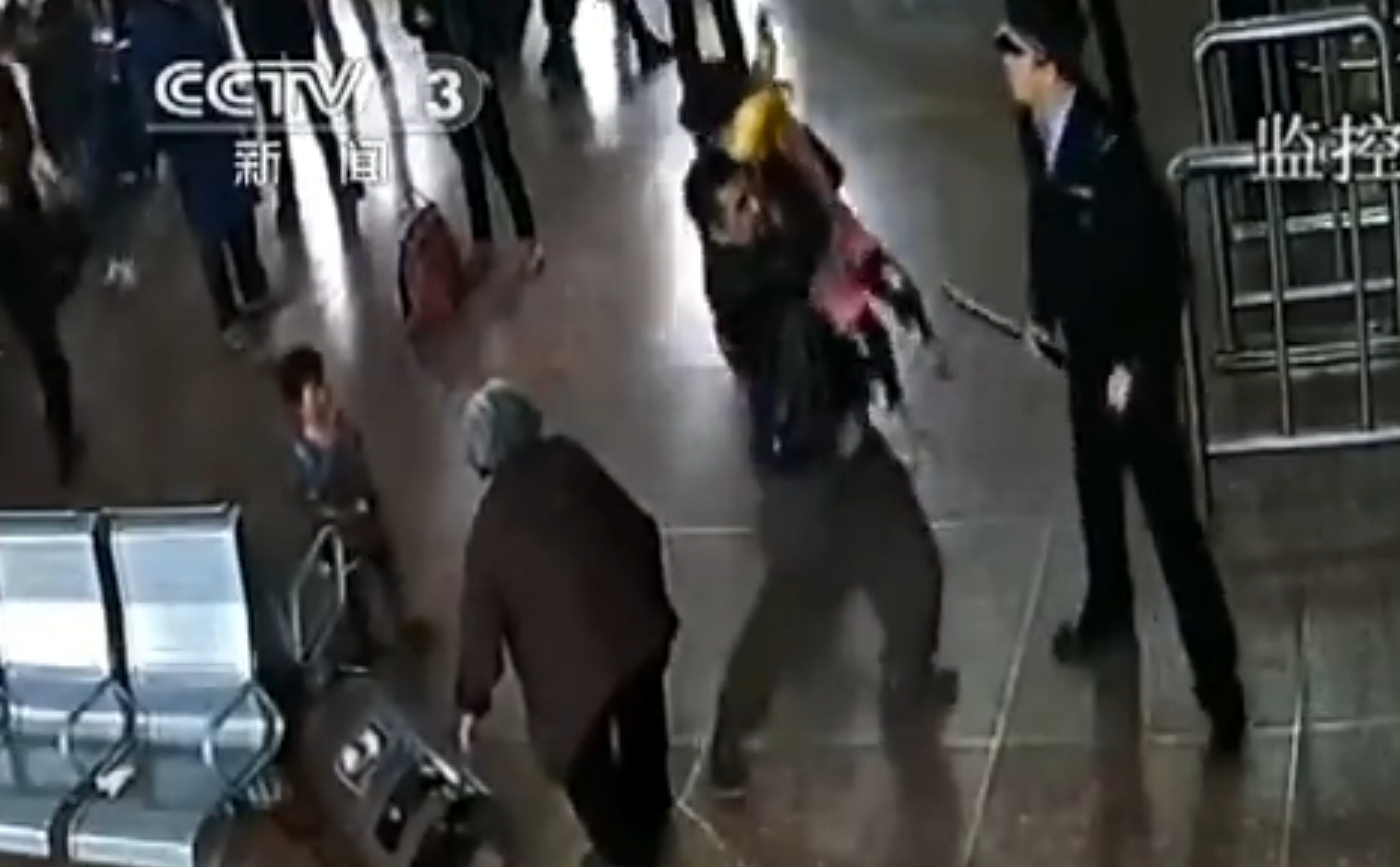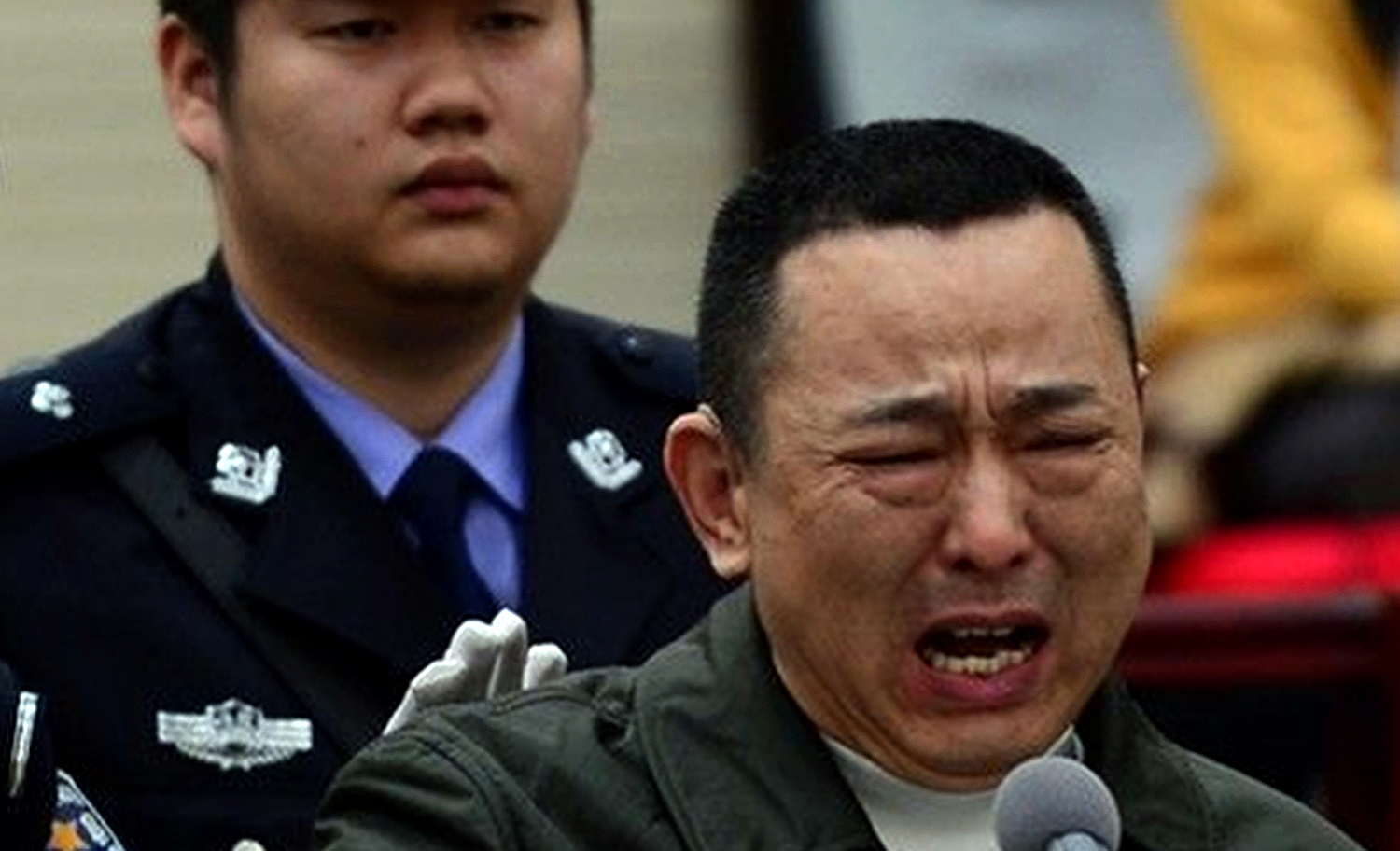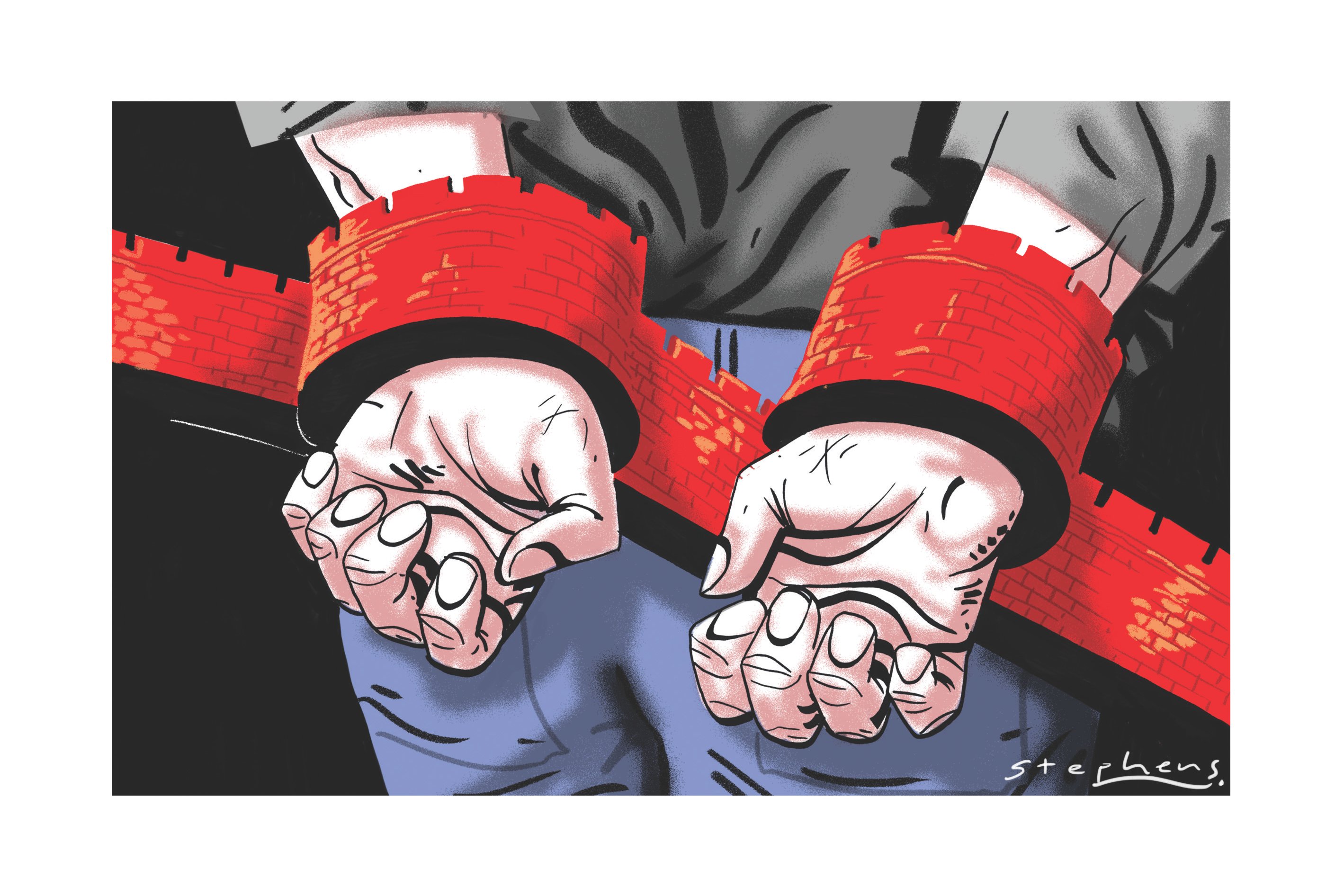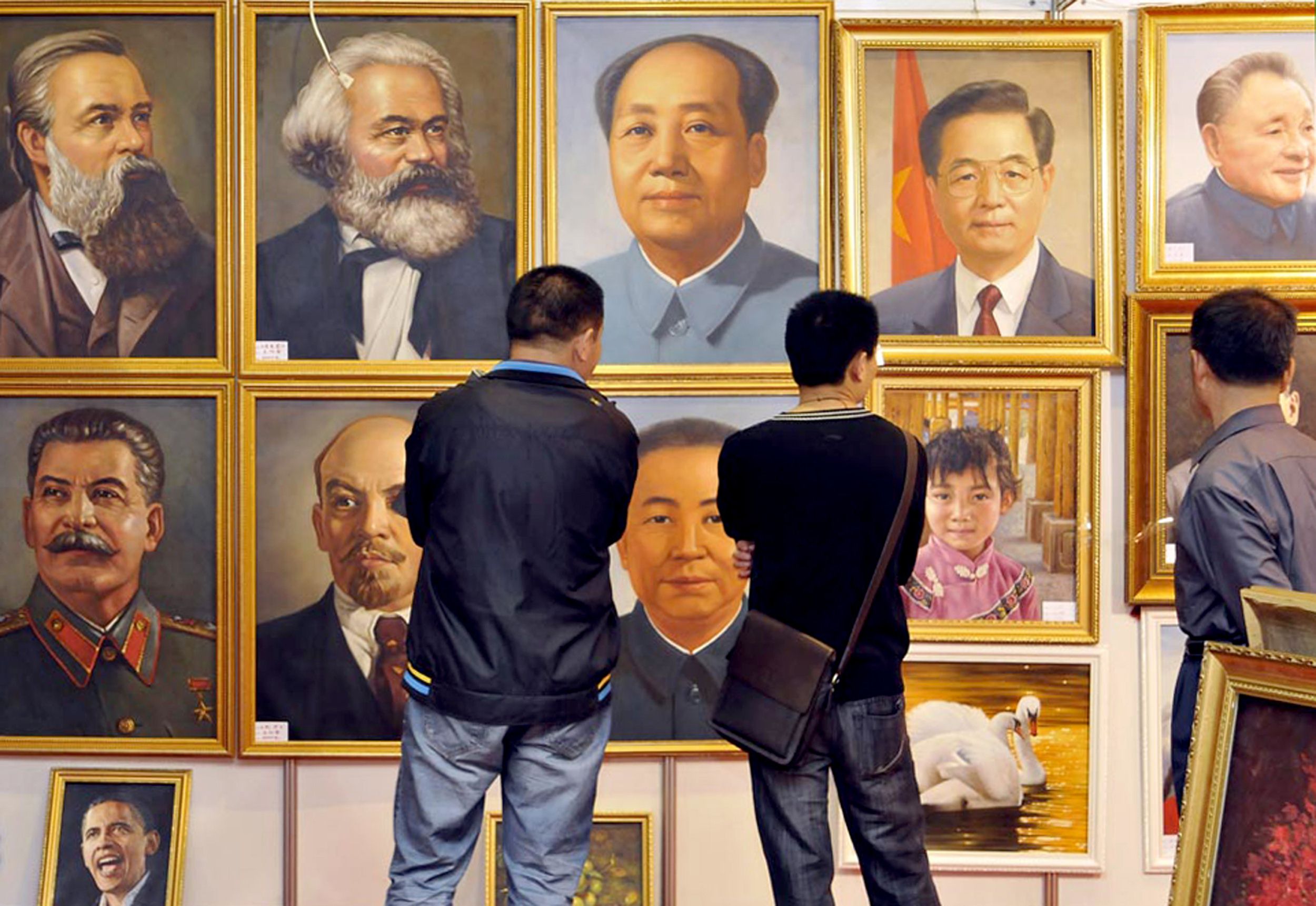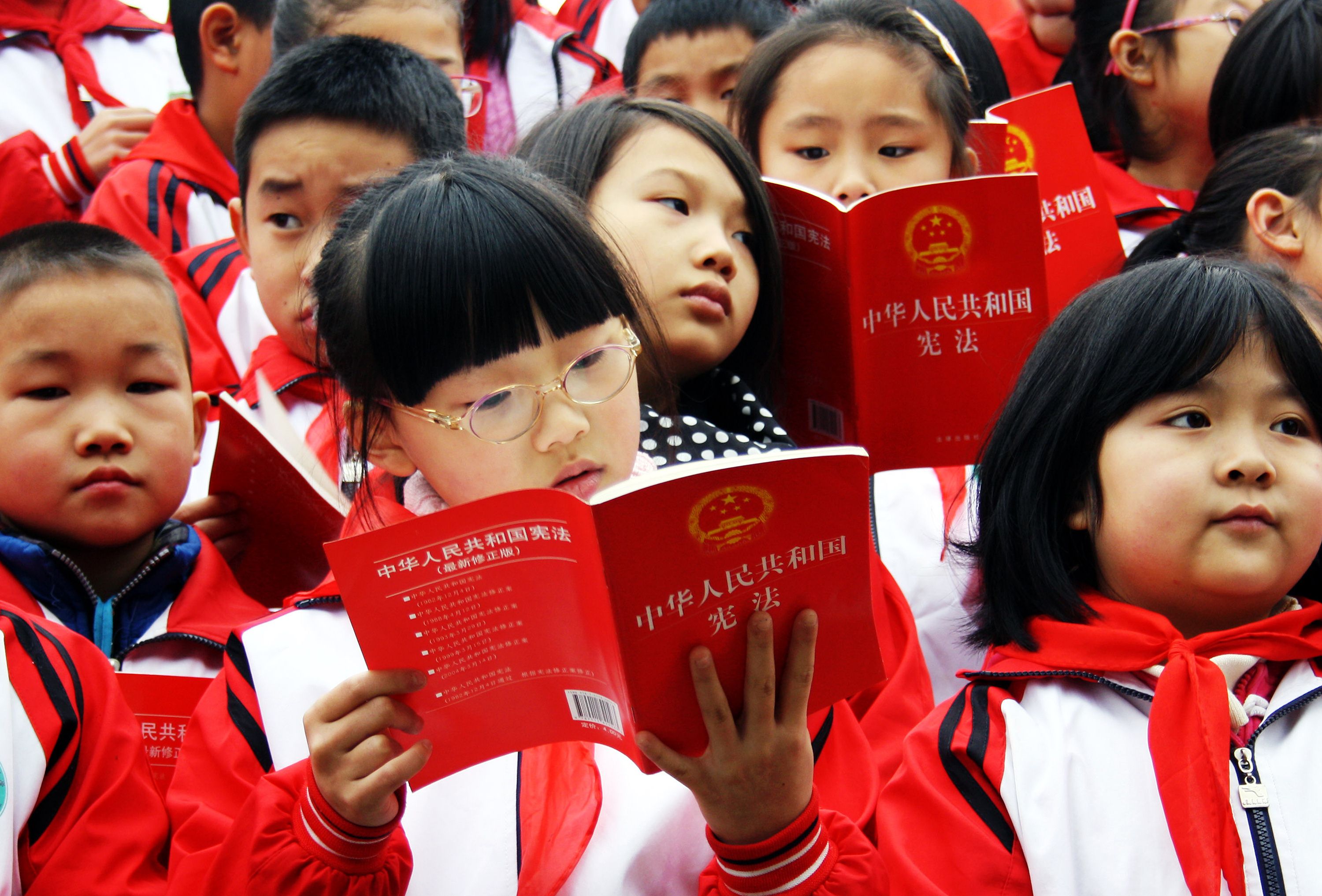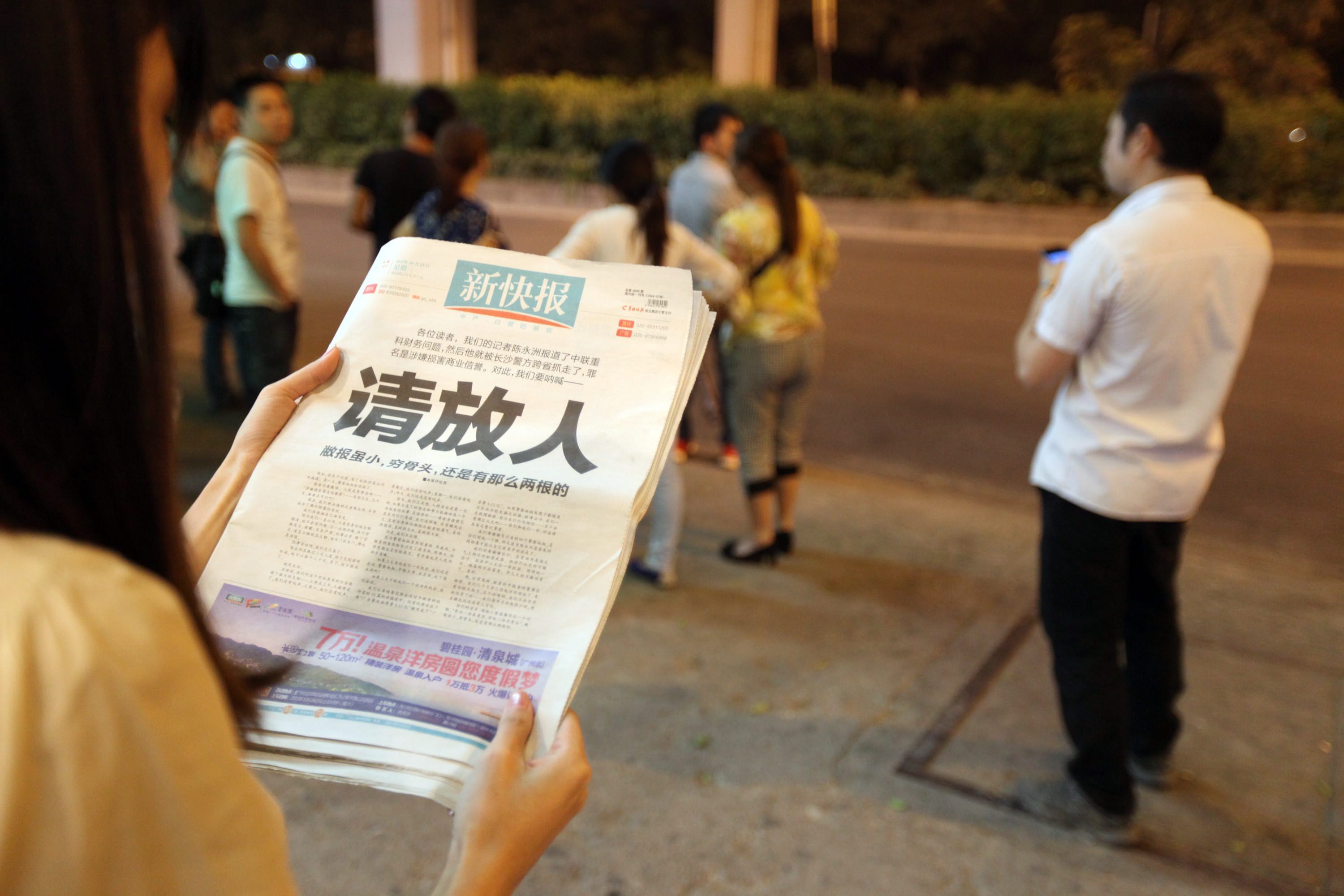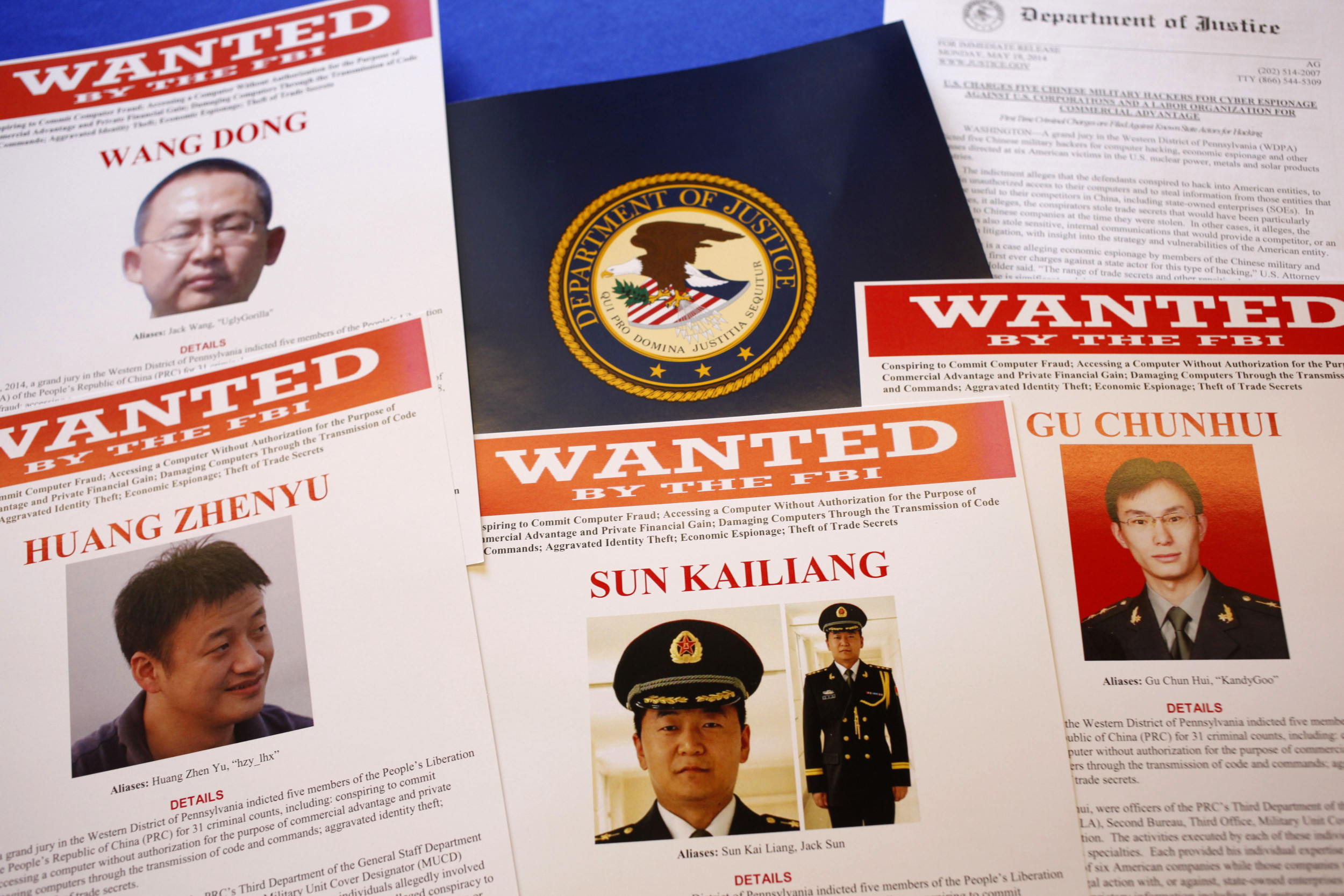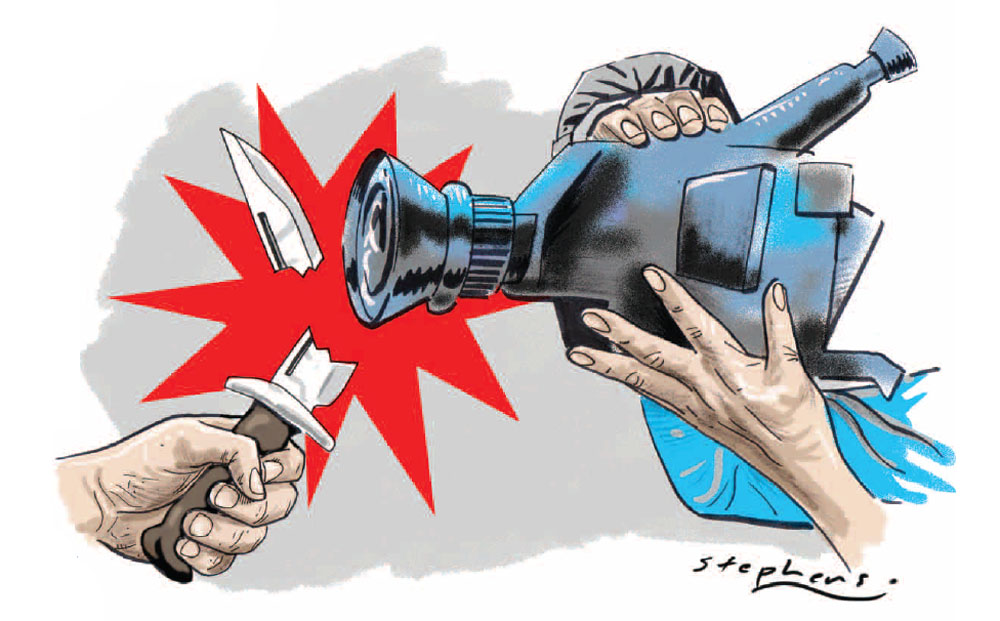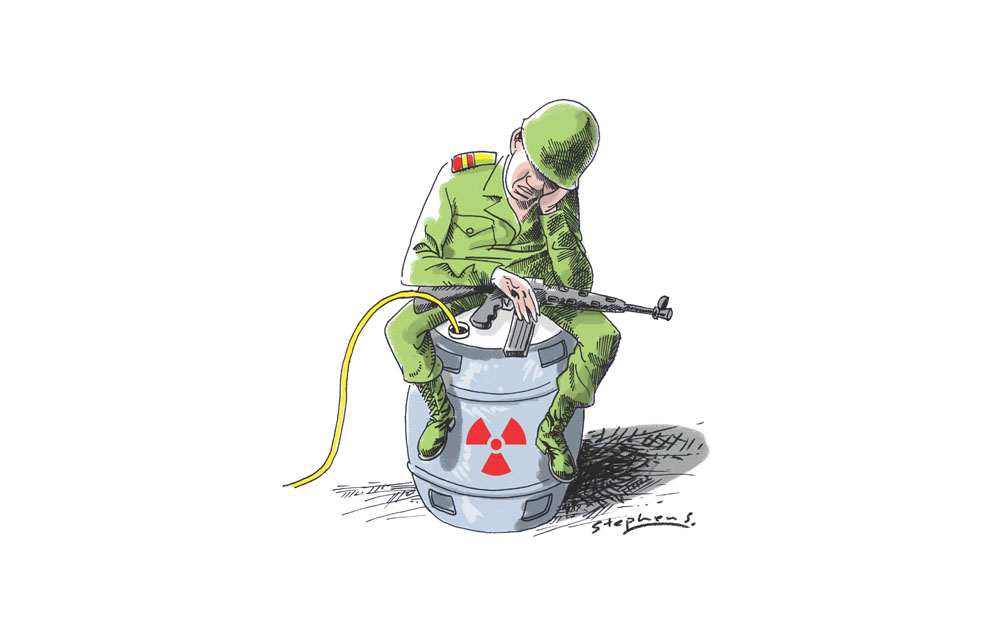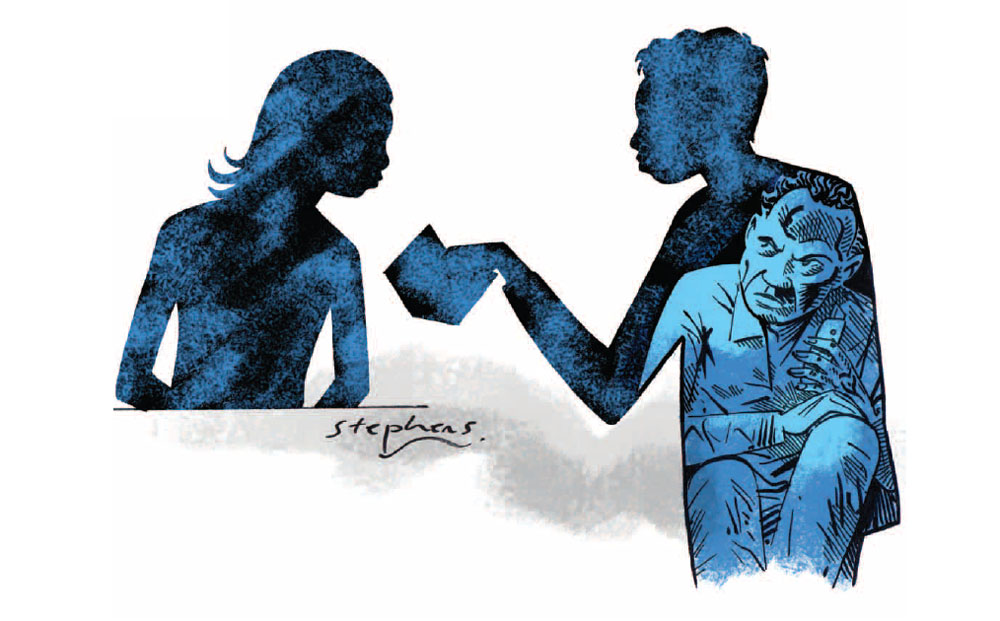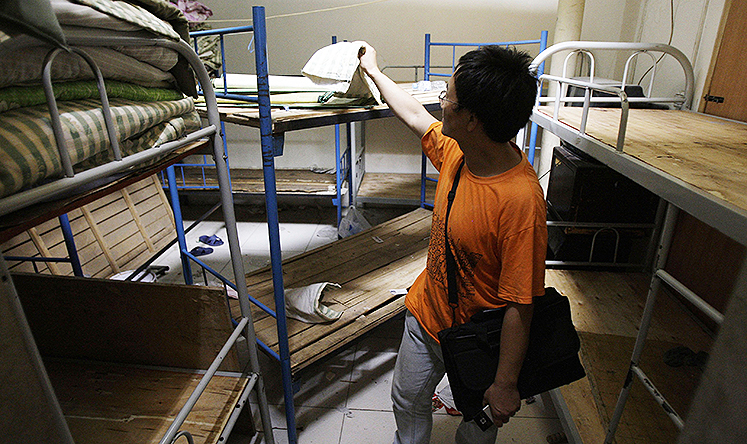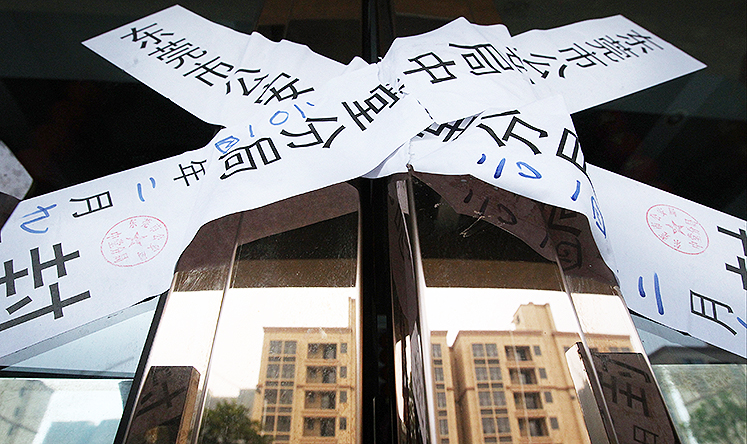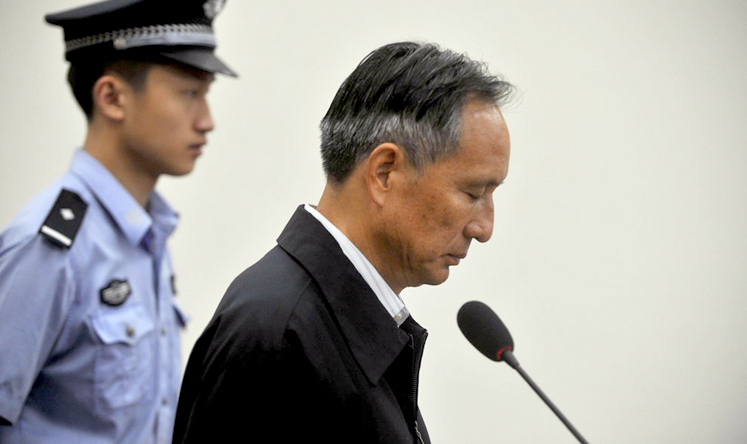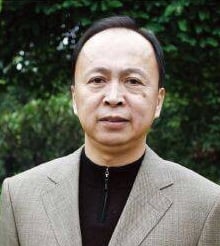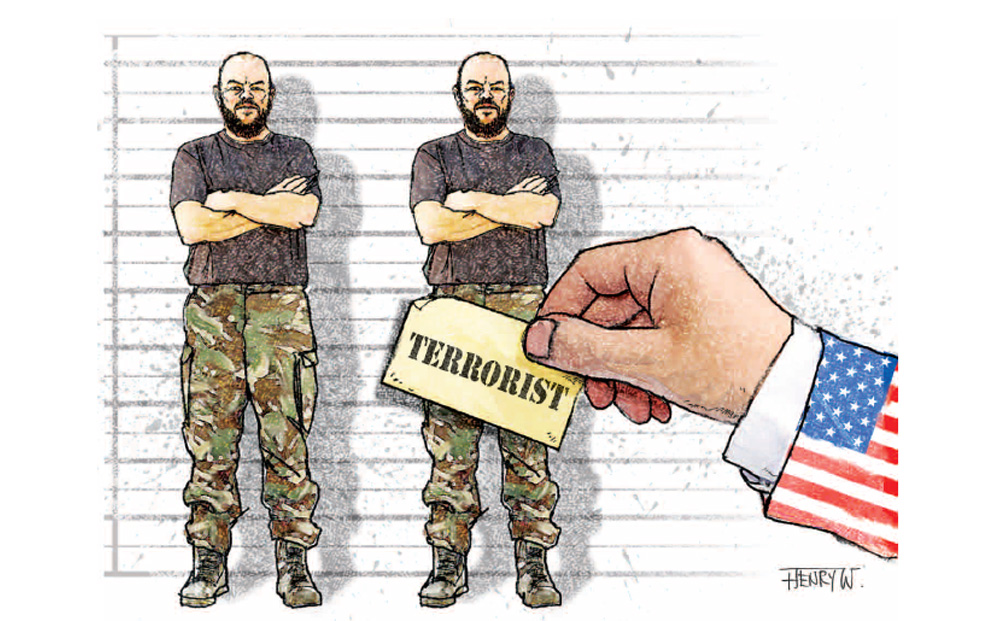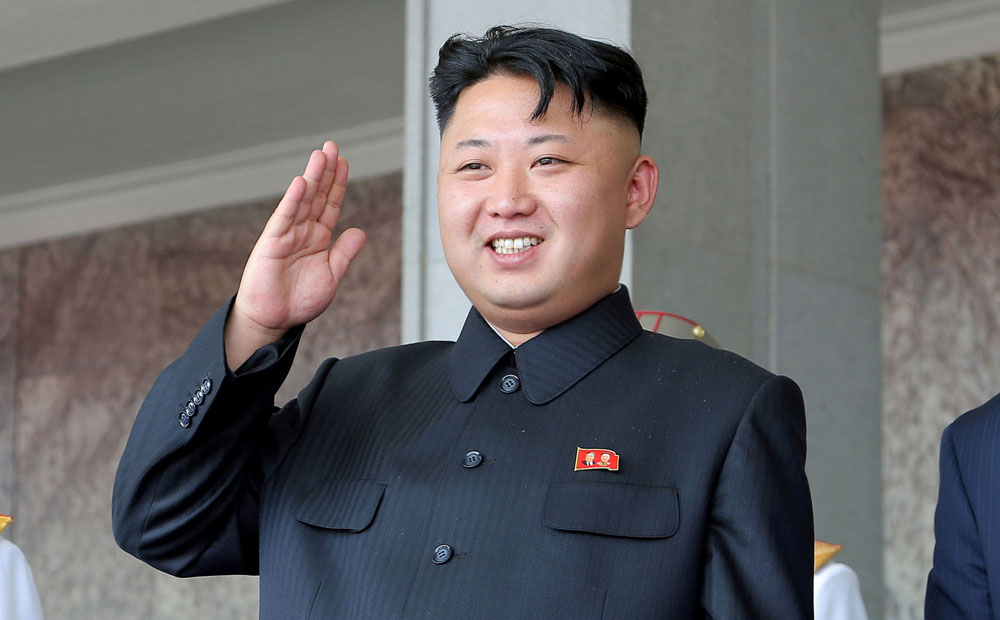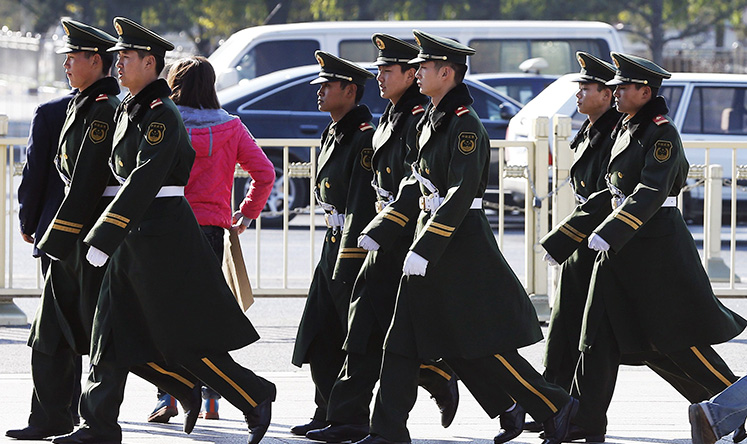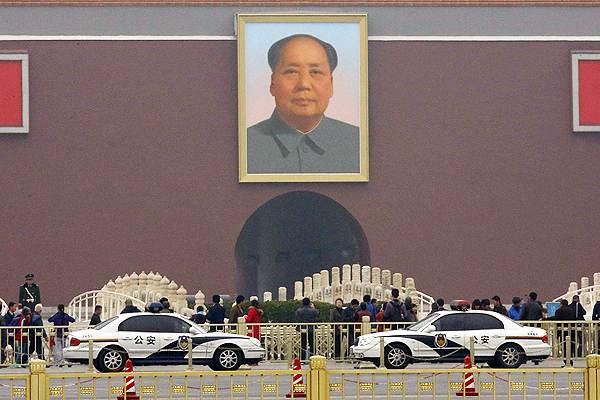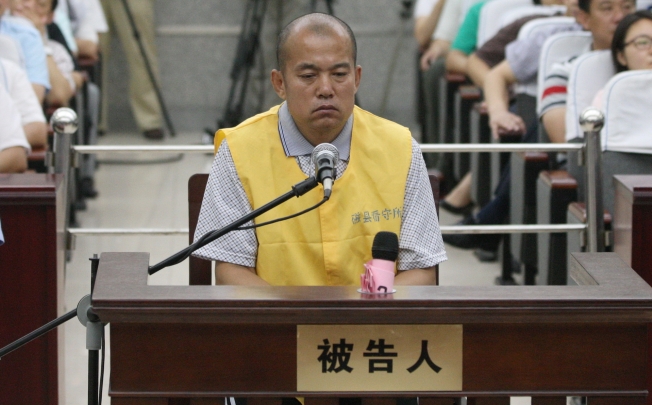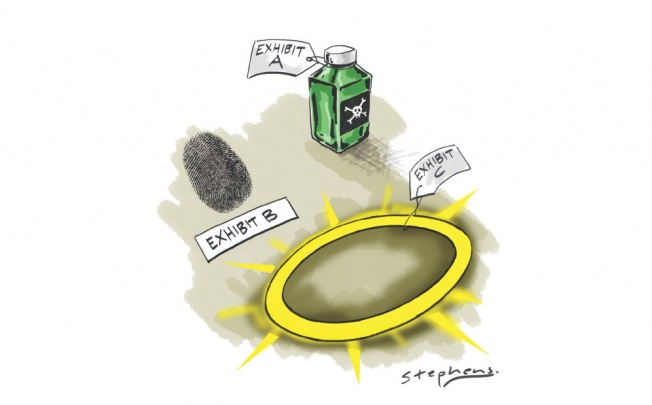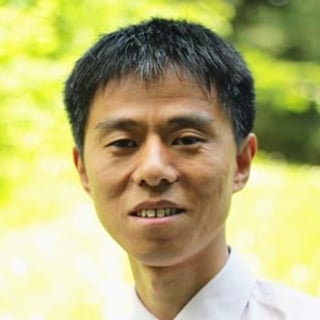
Zhou Zunyou says the recent mass murder in Nice shows that even a state on high alert, as France was, cannot protect its citizens all the time from every kind of attack
On December 4, local prosecutors interrogated and threatened to punish Meng Xianjun, a retired prosecutor from Huaibei city in Anhui province, for talking to the media about a wrongful conviction.
Last Friday, a Hunan court sentenced Chen Yongzhou, a former journalist with a Guangzhou-based newspaper, New Express, to 22 months in prison for defamation and bribery.
Last week, the US filed criminal charges against five Chinese military officers for allegedly hacking into US companies to steal trade secrets. China reacted furiously, dismissing the charges as "groundless", suspending the work of a bilateral working group on cybersecurity, and threatening retaliation.
China appears to be plagued by terrorism. Tuesday's knife assault at Guangzhou Railway Station was only the latest in a spate of violence that has left many Chinese shaken.
President Xi Jinping began his first trip to Europe as China's top leader by taking part in the Third Nuclear Security Summit in The Hague last week. The aim of the third world summit, like its two predecessors, was to prevent nuclear terrorism around the globe.
Despite a full-scale multinational search-and-rescue operation, Malaysia Airlines flight MH370, carrying 239 passengers and crew from Kuala Lumpur to Beijing, remains missing.
Recent reports revealed that several city and county governments in Henan province had established so-called "reprimand centres" to detain petitioners. Following a public outcry, Henan's provincial authorities promised to carry out a thorough investigation and close the illegal centres.
Guangdong authorities' heavy-handed action against the sex trade in Dongguan, dubbed China's "capital of sex", has raised concerns about the execution of the wider campaign against vice that is now under way.
Late last month, it was reported that the academic committee of Shanghai's Fudan University had finished its second investigation into the plagiarism accusations against Wang Zhengmin, a professor of otology there. Fudan stood by its previous findings that the claims of academic misconduct are untenable.
At the end of 2013, terrorist violence befell both China and Russia. On December 30, nine assailants armed with knives and homemade explosives attacked a police station in Yarkand, a county administered by Kashgar prefecture in Xinjiang . During the clash, eight attackers were shot dead; one was captured.
Kim Jong-un's uncle by marriage and the former No 2 man in North Korea, Jang Song-thaek, was executed this month for his "anti-party and counter-revolutionary crime" or, in other words, plotting to overthrow the supreme leader, Kim.
The Communist Party is considering reducing the use of its shuanggui interrogation system in favour of strengthening the role of prosecutors in its anti-corruption campaign.
Last week, an SUV careered along a pavement in front of the portrait of Mao Zedong to the north of Tiananmen Square, ploughed into a crowd and burst into flames, killing three occupants in the car and two pedestrians, and injuring some 40 other people.
The case of Nie Shubin has returned to the spotlight of public opinion. Nie was executed in 1995 for raping and murdering a woman in Shijiazhuang , Hebei province. In early 2005, the detained serial killer Wang Shujin , in a surprise confession, admitted to the Shijiazhuang crime for which Nie had been blamed.
The case of Zhu Ling has hit the headlines again recently. Zhu was a promising chemistry student at Beijing's prestigious Tsinghua University before she was left paralysed after being poisoned with thallium, a toxic chemical, nearly two decades ago. The renewed interest in her tragic case was ignited by a similar poisoning case in April that led to the death of a Fudan University student.

